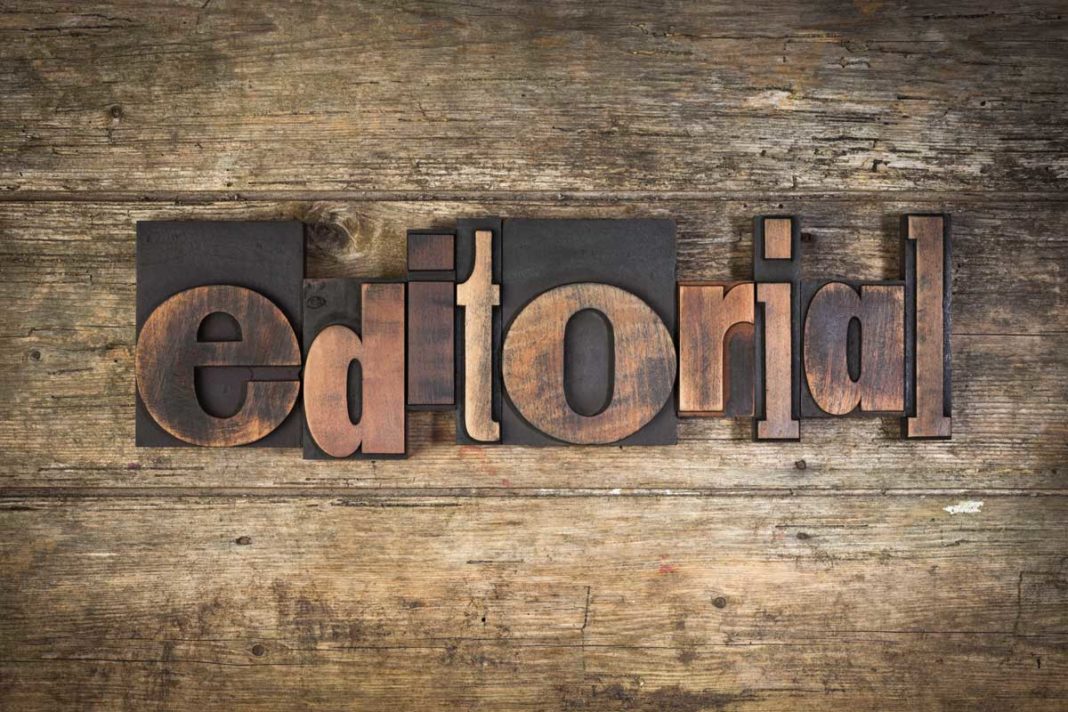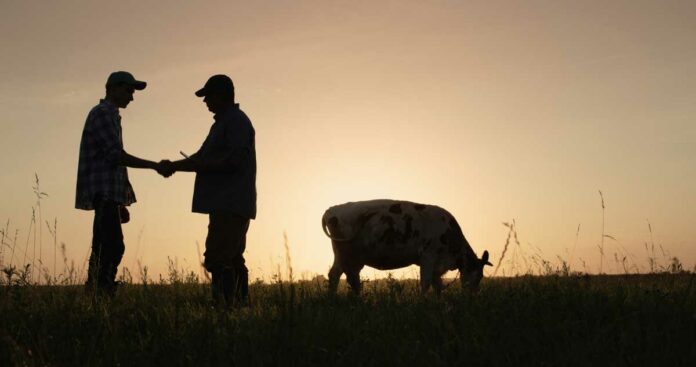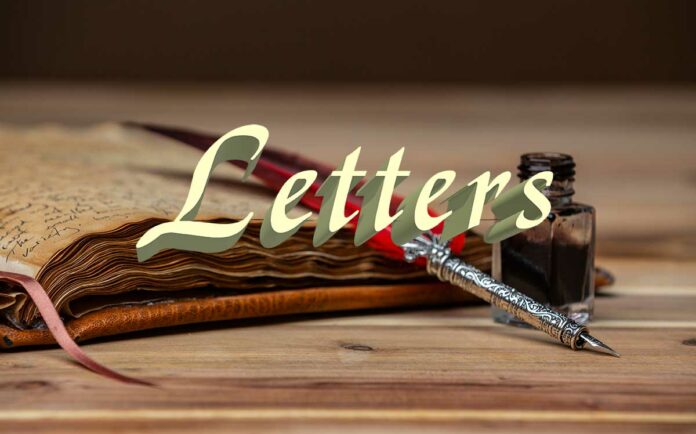There once was a king. A French king, it is true, but there was an English one, and undoubtedly Italian ones, German and Russian kings as well, a host of aristocratic souls whose hubris brought them to believe they were the very embodiment of the state. The absolute monarchist crew, they each of them, came to bad ends at the end of descending blade. “L’state, c’est moi!” The state, it is me. The quote attributed to the French King Louis the XIV is quite probably apocryphal, but its sentiment was very real—as real as the blade itself which cut short his reign.
The environment of the French Revolution was one of immense chasms between the haves and the have nots. Wealth, then generated primarily through exploitation of the land by that era’s “one percent,” had accumulated in their hands by inheriting the earth—quite literally. But it was the divide created by the Sun King that sowed the seeds of doom—albeit in those days before the speed of electricity it took until the sixteenth iteration of Louis before the end came.
In England, the nascent bill of rights, the Magna Carta, was supposed to rein in the reign of the highest of the mighty (albeit largely to the benefit of the almost-as-mighty). When Charles I overreached that tome, he toppled from his perch and was brought low by the headsman’s axe.
But the real issue behind those tumultuous times was the divide that had been created between the people and their state.
We hear much about the “honour of the Crown” these days. It is invoked when the various levels of Canadian government have reneged on a promise—most often in relation to an agreement with the Indigenous peoples upon whose lands our nation stands.
In American, loyalty is not directed to the state. It is directed to the Constitution. The state, well that is something else—a nebulous “other” whose sole aim is believed to be depriving citizens of their just due. If one wishes to see the underlying cause of the disruption taking place in that country, that divide is where to focus. In America, the state? It is them, not us. Americans pledge loyalty, first and foremost to the US Constitution.
US elections are largely contests to see which one of “them” will wield power over the people—ever fewer believe that power is wielded on their behalf. The founding principles of America are a profound distrust of the state. The state? It is them.
In Canada we have the Crown. It is a symbol of the state, but it is not “the state”, only that place marker we used to give the ethereal concept of “state” form and substance—but it is to the Crown, the state, which we pledge our allegiance.
But we are a mouse sleeping beside an elephant. American mass culture does not seep across our borders, it flows like an all-encompassing flood.
There is immense danger in a growing US-style disconnect between the people and the state—for in Canada, the state, l’etat, c’est nous—the state, it is us. There is a growing trend to see the government (regardless of who or which party sits at the head) as “them,” not “us.” This is likely to only worsen as the economic cleavages grow. Technology has enabled the new aristocracy to accumulate a disproportionate slice of the pie, and with it, to control evermore tightly who gets to eat cake. There is a real and present danger of the state becoming “them.”
The mice in this state, both country and city, need to wake up. We are different in size, power and might. We need to build our own nest, in our own way. Our leaders need to work together to re-build out faltering faith in ourselves and our destiny.
We need to find a way back to “the state, it is us.”





